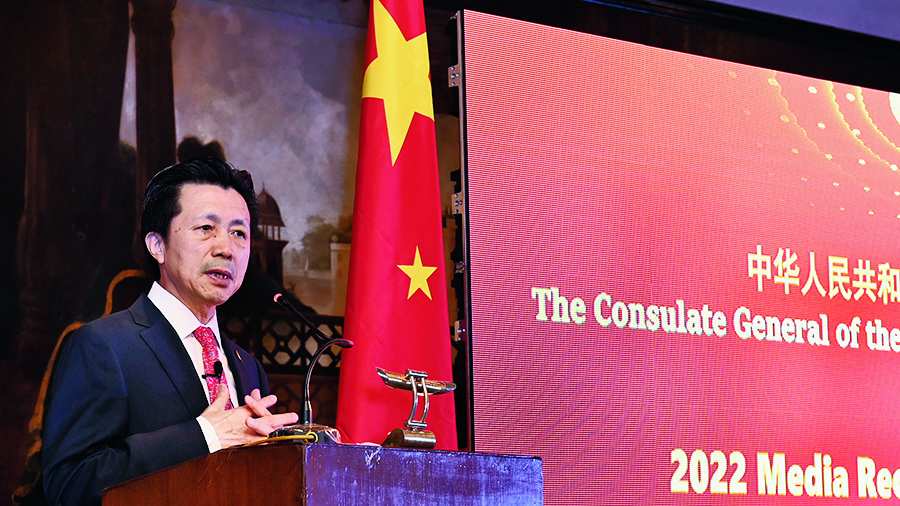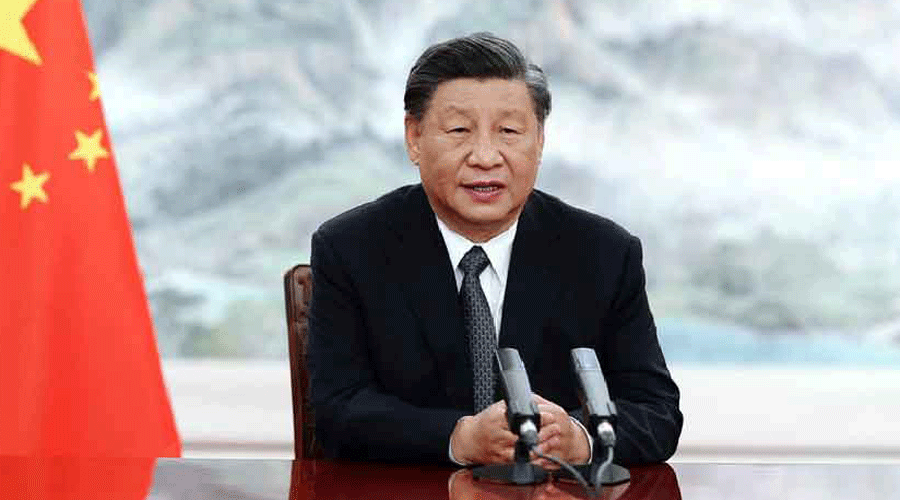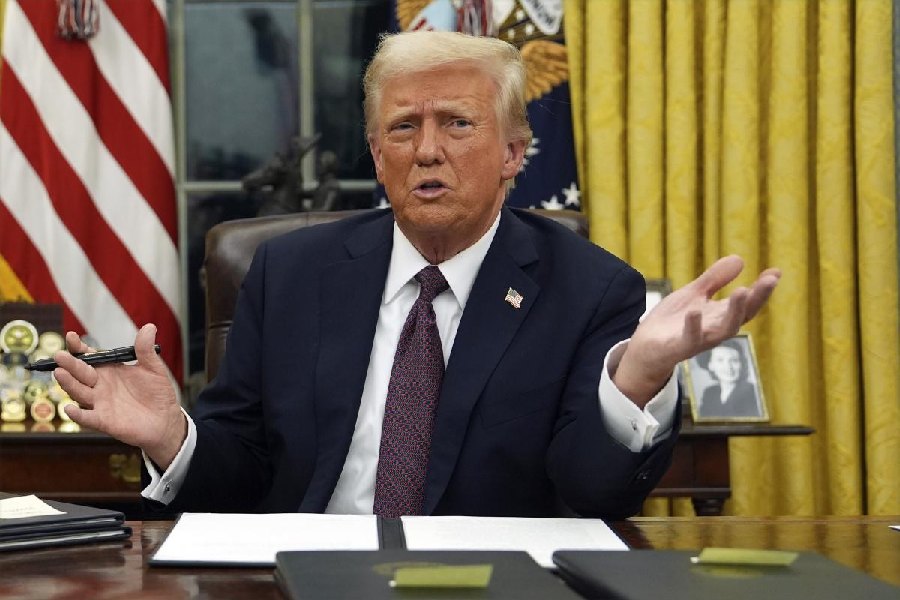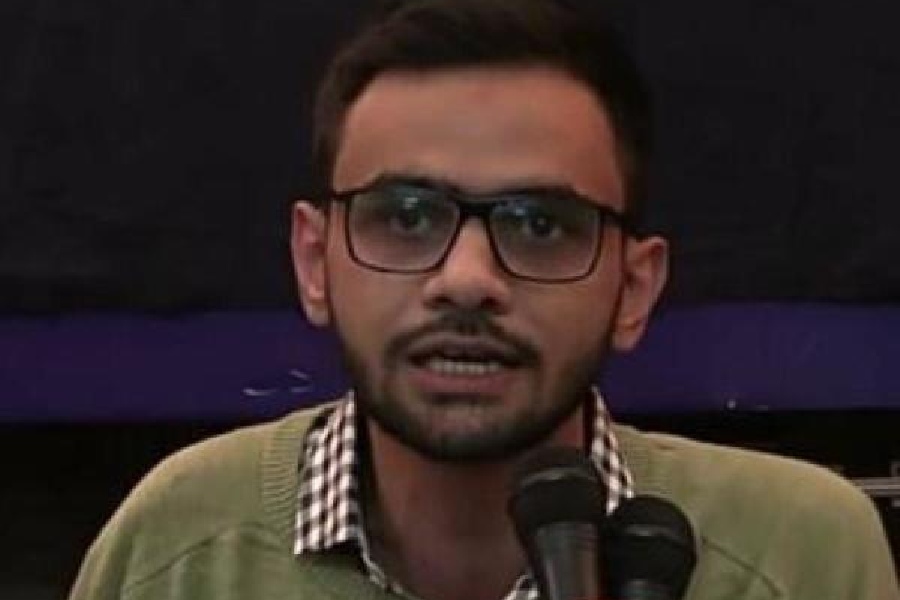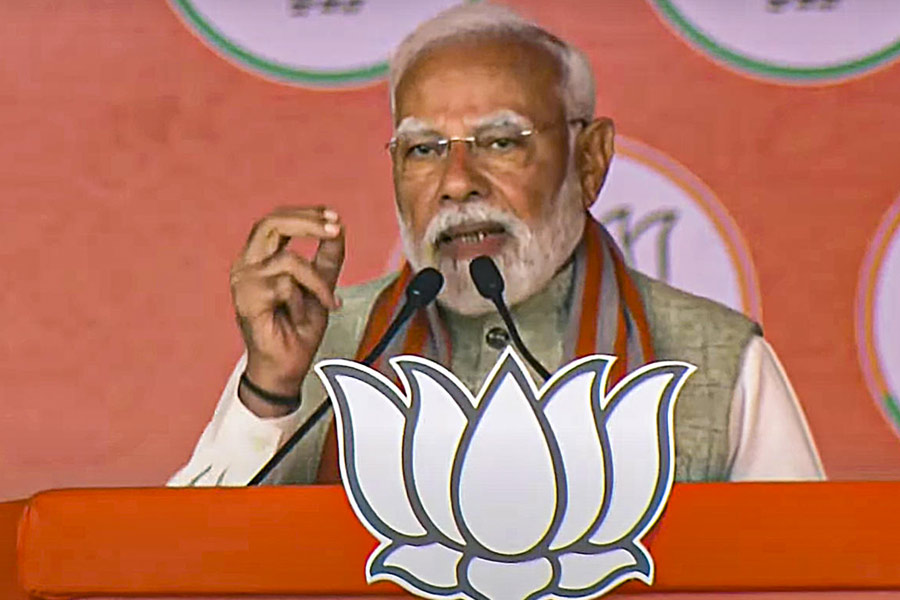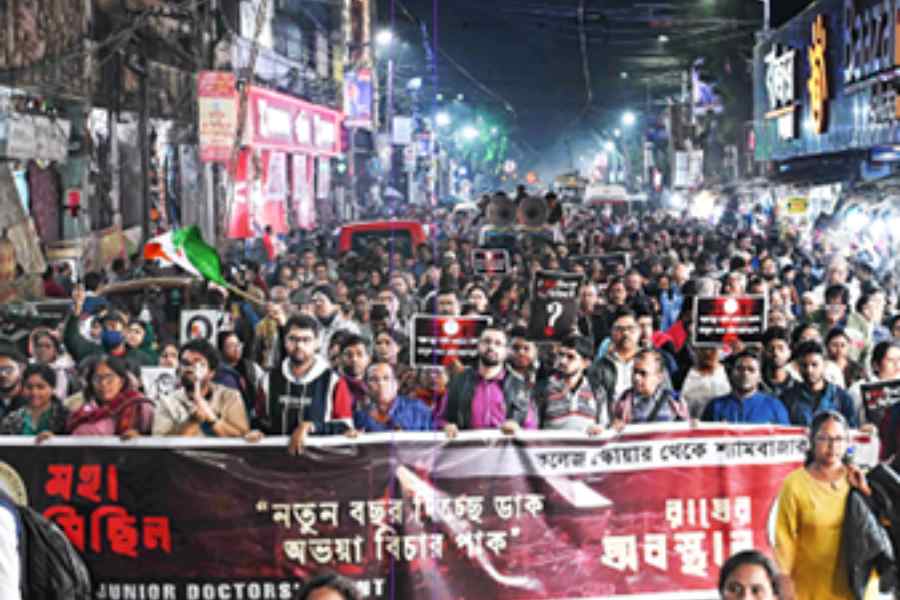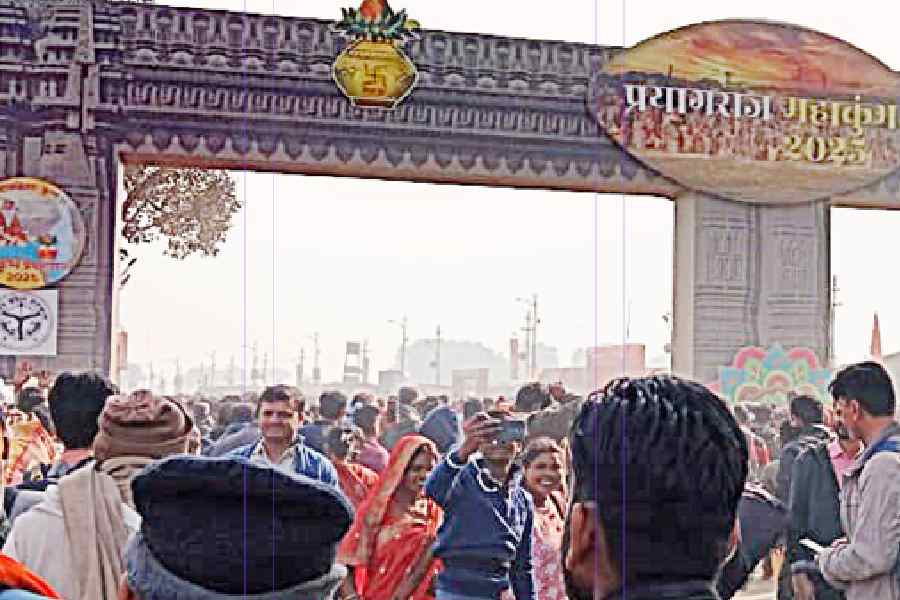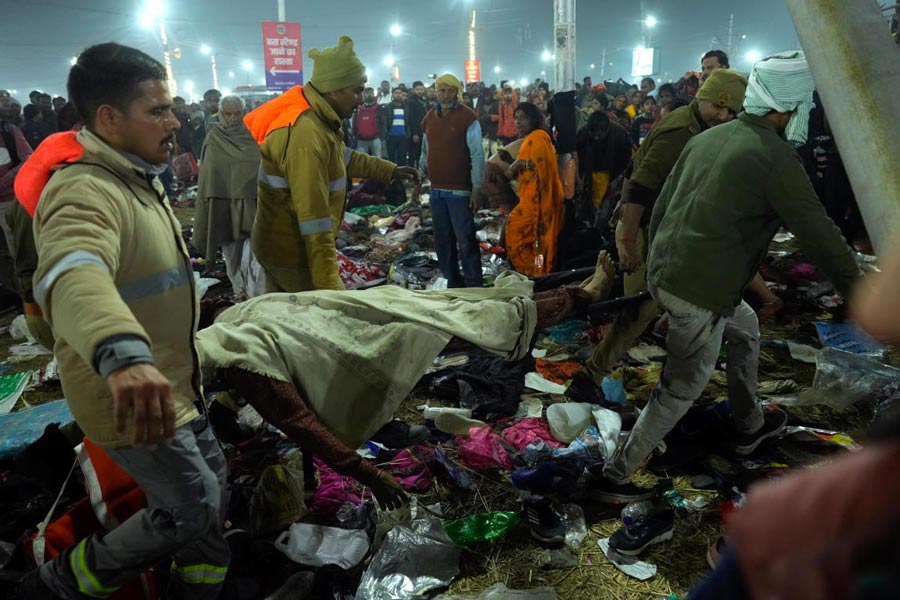Fill in the blanks.
- There are more than 23 ethnic communities in -----.
- You should visit ------ to know how different ethnic communities can live in harmony.
- There is this one word that India doesn’t talk about any more. It’s collective decision-making. ----- said this.
You’ve flunked miserably if you named any of the sanctimonious usual suspects from the West who never tire of lecturing Narendra Modi’s New India.
Here go the correct answers:
- There are more than 23 ethnic communities in CHINA.
- You should visit YUNNAN to know how different ethnic communities can live in harmony.
- There is this one word that India doesn’t talk about any more. It’s collective decision-making. ZHA LIYOU, the Chinese consul-general in Calcutta, said this.
The Chinese diplomat made these observations on Wednesday in Calcutta while delivering an address on the key takeaways from the recently concluded 20th National Congress of the Communist Party of China that elected Xi Jinping as the general secretary of the party for the third consecutive term.
His audience was mostly made up of journalists and members of some of the chambers of commerce in Calcutta.
Was he lecturing India on how to run its affairs? No Chinese diplomat will be so indiscreet. Neither was Zha.
But if anyone in the audience felt so, the reason may lie within than without.
A retired Indian diplomat, who was not present when Zha spoke but fielded questions from this newspaper later in the evening, said: “While there is little doubt that we don’t need any lessons from China on democracy or societal harmony or poverty eradication, it is also true that our performance on these three parameters have declined in the recent past and that gives a Chinese envoy a chance to remind us.”
But Team Modi need not view everything that Zha said with circumspection (or trepidation): there was a meeting point, too.
The Chinese diplomat said that one should not read newspapers such as The Washington Post to know about China. “You should read what’s coming from China and written by Chinese people or the academics,” he told the audience.
The advice carries an uncanny echo of what Indian external affairs minister S. Jaishankar, a seasoned China hand, said in Washington in September. Without naming the Post but leaving little to the imagination, Jaishankar had said while referring to the “biased” coverage of India: “I look at the media. You know, there are some newspapers you know exactly what they are going to write, including one in this town.”
The ghost of Richard Nixon, the biggest victim of the Post’s journalism, will find good company in the higher echelons of India and China.
Whether Zha was sermonising India or not, some of his assertions are certain to raise eyebrows.
Zha spoke about collective “decision-making” but many in the world had earlier discussed the “centrality” of decision-making and President Xi’s success in packing the politburo and the standing committee — the highest decision-making body in the CPC — with his own nominees.
“The process of selection in China is very democratic and he (Xi) made the best team for the country,” Zha said on Wednesday, adding that the Chinese President enjoyed the support of more than “90 per cent” of the people of the country.
To his credit, Zha was being modest. In the good old days of communism, nothing less than 100 per cent support for the supreme leader would have sufficed.
Zha, a bureaucrat who happens to be a member of the central committee of the party, cannot be faulted for promoting his country and President. It is also true that his statements on China’s progress in manufacturing and the success in creating world-class infrastructure are not hot air.
Not just the lessons on democratic principles in China, the envoy, who had earlier had a stint in the US, cited the example of Yunnan, a southwestern province, to lay stress on the harmonious existence of different ethnic communities.
“There are more than 23 ethnic communities in China and you should visit the province to know how different ethnic communities can live in harmony,” said the diplomat, who underscored that eastern Indian states — like Bengal — can benefit by learning from the Chinese model of how to promote ecological diversity and the creation of infrastructure.
The envoy, however, skirted the accusation against his country of committing crimes against humanity and “genocide” against the Uyghur population and other mostly-Muslim ethnic groups in the north-western region of Xinjiang. There are reports that more than one million Uyghurs are under detention in “re-education camps” and hundreds of thousands have been thrown into prison.
It was in this context, probably aware that his claims may raise uncomfortable questions, that Zha gave the thumbs-down to media outlets like the Post.
He also invited people for a detailed conversation with him on how China — under the leadership of Xi — had reduced extreme poverty in the past 10 years during which the country’s socialism had entered a new era. “China adopted a targeted poverty eradication campaign and I am willing to share how we did it,” he said.
The envoy, however, didn’t share any data and was also silent on growing inequality in China and how employment in the formal manufacturing sector, once the foundation of the country’s employment, is falling.
The silence on data will find resonance in the Indian government, which has of late been accused of burying unpalatable pieces of statistics.

